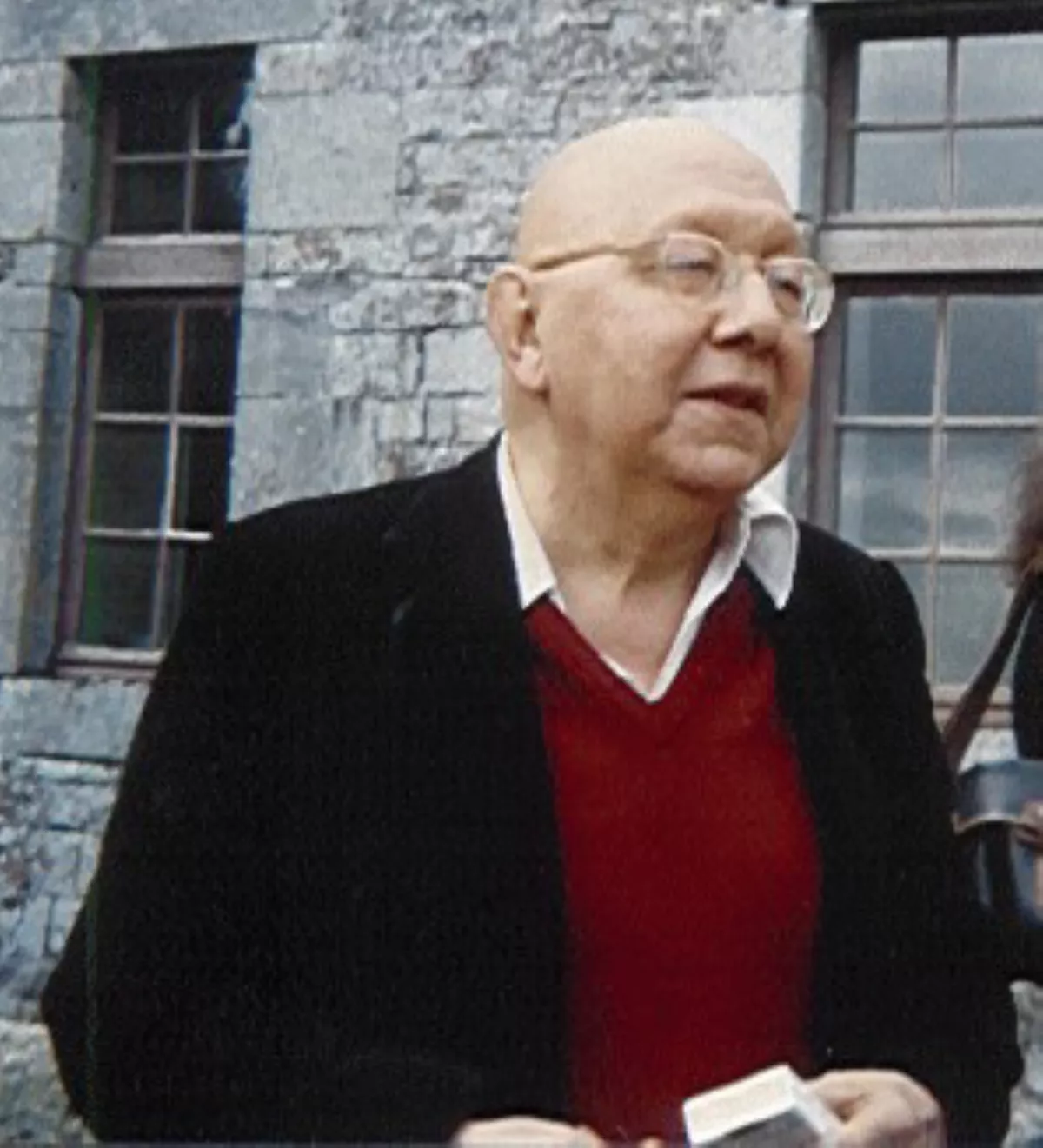 1.
1. Cornelius Castoriadis was a Greek-French philosopher, social critic, economist, psychoanalyst, author of The Imaginary Institution of Society, and co-founder of the Socialisme ou Barbarie group.

 1.
1. Cornelius Castoriadis was a Greek-French philosopher, social critic, economist, psychoanalyst, author of The Imaginary Institution of Society, and co-founder of the Socialisme ou Barbarie group.
Cornelius Castoriadis was born on 11 March 1922 in Constantinople, the son of fabric merchant Kaisar and Sophia Kastoriadis.
Cornelius Castoriadis's family had to move in July 1922 to Athens due to the Greco-Turkish War.
Cornelius Castoriadis developed an interest in politics after he came into contact with Marxist thought at the age of 13.
Cornelius Castoriadis heavily criticized the actions of the KKE during the December 1944 clashes between the communist-led ELAS on one side, and the Papandreou government aided by British troops on the other.
Once in Paris, Cornelius Castoriadis joined the Trotskyist Parti Communiste Internationaliste.
In 1946, Cornelius Castoriadis started attending philosophical and sociological courses at the Faculty of Humanities at the University of Paris, where among his teachers were Gaston Bachelard, the epistemologist Rene Poirier, the historian of philosophy Henri Brehier, Henri Gouhier, Jean Wahl, Gustave Guillaume, Albert Bayet, and Georges Davy.
Cornelius Castoriadis submitted a proposal for a doctoral dissertation on mathematical logic to Poirier, but by 1948 he had abandoned the project.
Cornelius Castoriadis was particularly influential in the turn of the intellectual left during the 1950s against the Soviet Union, because he argued that the Soviet Union was not a communist but rather a bureaucratic capitalist state, which contrasted with Western powers mostly by virtue of its centralized power apparatus.
When Jacques Lacan's disputes with the International Psychoanalytical Association led to a split and the formation of the Ecole Freudienne de Paris in 1964, Cornelius Castoriadis became a member.
In 1968, Cornelius Castoriadis married his second spouse, Piera Aulagnier, a French psychoanalyst who had undergone psychoanalytic treatment under Jacques Lacan from 1955 until 1961.
Cornelius Castoriadis began to practice analysis in 1973 after he had undergone analysis in the 1960s, first with Irene Roubleff and then later with Michel Renard.
Cornelius Castoriadis was not calling for every individual to undergo psychoanalysis per se.
Cornelius Castoriadis further argued that this meant there was no internal class dynamic that could lead to a social revolution within Russian society and that change could only occur through foreign intervention.
In 1980, Cornelius Castoriadis joined the faculty of the Ecole des Hautes Etudes en Sciences Sociales as Directeur d'etudes.
Cornelius Castoriadis had been elected Directeur de recherche in EHESS at the end of 1979 after submitting his previously published material in conjunction with a defense of his intellectual project of connecting the disciplines of history, sociology and economy through the concept of the social imaginary.
Cornelius Castoriadis's teaching career at the EHESS lasted sixteen years.
Cornelius Castoriadis died on 26 December 1997 in Paris from complications following heart surgery.
Cornelius Castoriadis wrote essays on mathematics, physics, biology, anthropology, psychoanalysis, linguistics, society, economics, politics, philosophy, and art.
Cornelius Castoriadis used traditional terms as much as possible, though consistently redefining them.
When reading Cornelius Castoriadis, it is helpful to understand what he means by the terms he uses, since he does not redefine the terms in every piece where he employs them.
Capitalism legitimizes itself through "reason," claiming that it makes "rational sense", but Cornelius Castoriadis observed that all such efforts are ultimately tautological, in that they can only legitimize a system through the rules defined by the system itself.
Cornelius Castoriadis rejects the term "city-state" used to describe Ancient Greek cities; for him, the administration of Greek poleis was not that of a State in the modern sense of the term, since Greek poleis were self-administered.
Cornelius Castoriadis sees a tension in the modern West between, on the one hand, the project of autonomy and the potential for creativity and, on the other hand, the spirit-crushing force of capitalism.
Cornelius Castoriadis believed that for a given society, as people penetrate the layers of its culture deeper and deeper, they arrive at meanings that do not mean something other than themselves.
Cornelius Castoriadis then is offering an "ontogenetic" or "emergentist" model of history, one that is apparently unpopular amongst modern historians, but can serve as a valuable critique of historical materialism.
For example, Cornelius Castoriadis believed that Ancient Greeks had an imaginary by which the world stems from Chaos, while in contrast, the Hebrews had an imaginary by which the world stems from the will of a rational entity, God or Yahweh in the Hebrew Bible.
Cornelius Castoriadis believed that the complex historical processes through which new imaginaries are born are not directly quantifiable by science.
Cornelius Castoriadis contrasted the Greek imaginary to the Biblical imaginary in which God shapes the chaos that already exists.
Cornelius Castoriadis was a social constructionist and a meta-ethical moral relativist insofar as he held that the radical imaginary of each society was opaque to rational analysis.
Cornelius Castoriadis believed that social norms and morals ultimately derive from a society's unique idea of the world, which emerges fully formed at a given moment in history and cannot be reduced further.
Cornelius Castoriadis has influenced European thought in important ways.